Supporting the transition to sustainable transports

Edenred develops solutions to encourage employees to opt for a clever mobility with a lower impact on the environment. With its specific mobility solutions, Edenred optimizes employees commutes by facilitating access to transportation alternatives other than the car.
Main project's drivers for reducing the greenhouse gas (GHG) emissions
Energy and resource efficiency
Energy Decarbonisation
Energy efficiency improvements
Improving efficiency in non-energy resources
Emission removal
Financing low-carbon issuers or disinvestment from carbon assets
Reduction of other greenhouse gases emission
Project objectives
Reducing greenhouse gas emissions of customers and users of Edenred solutions
Among the various solutions, the commuter Benefits card offered by Edenred USA lets corporate clients help their employees cover transportation costs through a subsidy or tax-free salary contribution. Employee users who benefit from subsidies can qualify for an income tax exemption by replacing the use of their private car with other forms of transportation, such as bus, subway, bicycle, scooter, etc. By the end of 2020, close to 6,000 corporate clients and 300,000 employee users had opted for this solution. In 2020, nearly 26,000 bicycle vouchers were issued to encourage to use bicycle for business travel. It is estimated that each participant saves around 7 litres of petrol a day by using the Edenred solution.
Emission scope(s)
on which the project has a significant impact
- Emission scopes
- Description and quantification of associated GHG emissions
- Clarification on the calculation
Scope 1
Direct emissions generated by the company's activity.
Scope 2
Indirect emissions associated with the company's electricity and heat consumption.
Scope 3
Emissions induced (upstream or downstream) by the company's activities, products and/or services in its value chain.
Emission Removal
Carbon sinks creation, (BECCS, CCU/S, …)
Avoided Emissions
Emissions avoided by the activities, products and/or services in charge of the project, or by the financing of emission reduction projects.
Avoided Emissions – Avoided fuel consumption.
- Quantification : As an example, based on an impact measurement with 2019 data, from the US department of transportation and the environmental protection agency (EPA), we estimate that 500,000 tCO2eq have been avoided using commuter benefits cards. Taking into account this calculation, we can estimate that close to 2 million tons of GHG are avoided each year with Edenred’s mobility solutions worldwide.
Ceci est une estimation d’impact de tonnes de GES évitées par l’agence environnementale (EPA) pour chaque utilisation du service, environ 7 litres de gazole par jour n’est pas consommé. Ainsi avec près de 350 000 utilisateurs dans les pays où Edenred est implémenté et en tenant compte d’un facteur d’émission issu de la base carbone (Diesel B7, 2.49 KgCO2eq/L), Edenred estime à près de 2 millions de tonnes CO2eq sauvées en un an. La donnée source d’impact se basant sur les publications de l’US EPA, l’entreprise n’a pas la possibilité de les vérifier. Edenred s’engage à répliquer ses initiatives à travers toutes les géographies où le Groupe est implémenté, sa performance annuelle se base sur le nombre de services existant pour la mobilité durable ou l’anti-gaspillage alimentaire.
Key points
Invested amount
NC
Starting date of the project
2018
Project localisation
the United-States, the United Kingdom, Finland, Belgium and France
Project maturity level
Prototype laboratory test (TRL 7)
Real life testing (TRL 7-8)
Pre-commercial prototype (TRL 9)
Small-scale implementation
Medium to large scale implementation
Economic profitability of the project (ROI)
Short term (0-3 years)
Middle term (4-10 years)
Long term (> 10 years)
Illustrations of the project
By encouraging intelligent and sustainable mobility, Edenred’s solutions contribute to the SDG12 “Responsible consumption and production” and SDG13 “Fight against climate change”.
With specific mobility solutions, the Group also offers companies the opportunity to allocate funds to their employees for use in public transport and contributes to SDG11 “Sustainable Cities and Communities”.
Replicable to any regulatory environment
Edenred has tied local partnerships to build a strong network of partners and make it a strong ecosystem catering for employees’ daily travel needs and supporting the transition to soft modes of transport. In France, these partners include car-sharing platforms such as Blablacar Daily, car-sharing companies and bicycle, car and scooter rental companies such as Lime and Ubeeqo.
Contact the company carrying the project :
Victor Genin-Gerbet – Directeur RSE Groupe Edenred victor.genin@edenred.com
